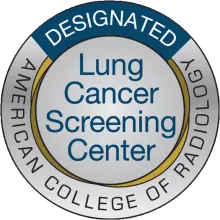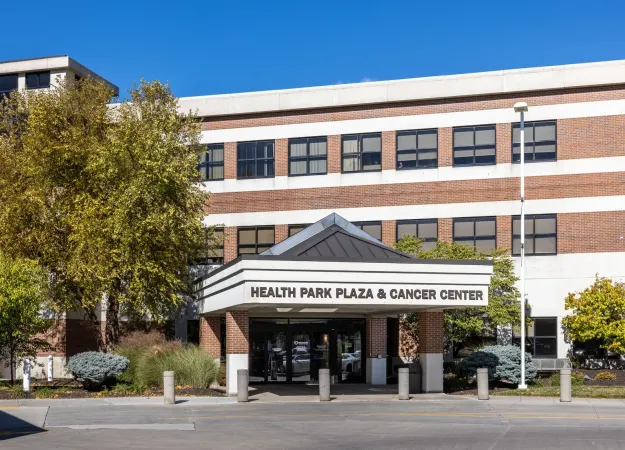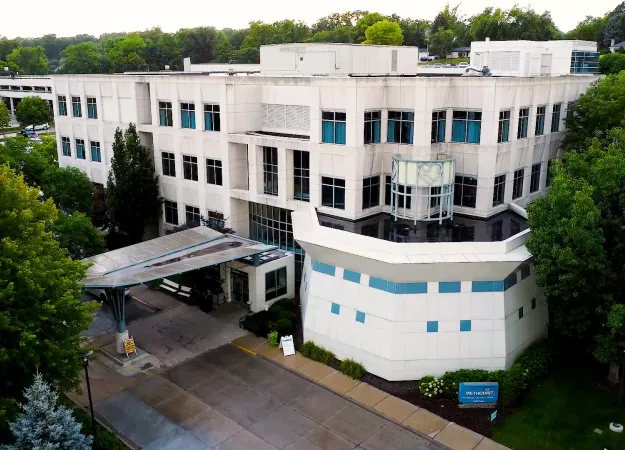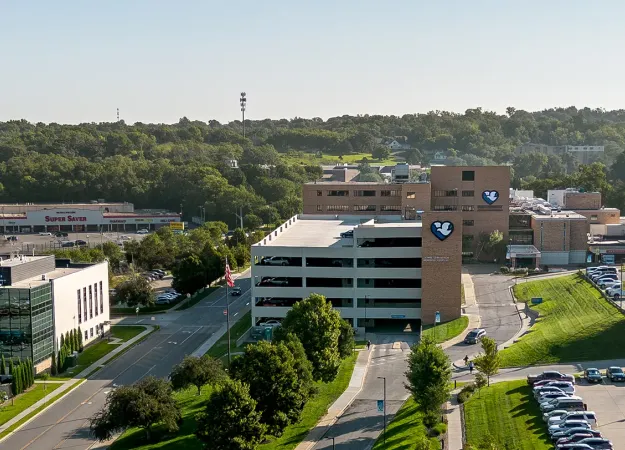
Lung and Thoracic Oncology
Why Methodist?
The nationally accredited Methodist Lung and Thoracic Oncology Clinic offers clinical trials and lung cancer screenings, including low-dose CT scans, to detect lung cancer at its earliest stages. If you’re facing a cancer diagnosis, your multidisciplinary team – including experts in the fields of medical oncology, pathology, pulmonary medicine, radiation oncology, thoracic radiology and thoracic surgery – will gather weekly to discuss the best course of action in beating your cancer.
Early Detection Using the Latest Techniques
At Methodist, we know that early detection is key to survival. Studies have shown that lung screenings – which can detect lung cancer in its earliest stages, when it’s most treatable – dramatically improve survival rates.
If you have risk factors for lung cancer – such as a history of smoking – talk with your doctor about whether a lung screening is right for you. Low-dose CT scans (LDCT) are used to detect suspicious nodules. And if you need help in your quest to quit smoking, our smoking cessation experts can help.
Methodist was first in the region with the cutting-edge Ion by Intuitive robot-assisted biopsy system. Using the Ion system, Methodist providers can perform biopsies of smaller and harder-to-reach nodules – catching cancer sooner while offering many patients a less invasive experience.
Treatment
At Methodist, your treatment plan begins with specialized imaging to determine if the cancer has spread. Our multidisciplinary team meets weekly to develop the most personalized treatment plan and provide you with the best outcome possible. Treatment options include:
- Surgery
Surgery involves removing the portion of the lung containing the cancer and the adjacent lymph nodes. Lymph nodes in the chest trap cancer cells as they leave the lungs and are frequently the first site to which lung cancer spreads. - Radiation therapy
Radiation uses high-powered energy beams targeted at cancer cells. - Chemotherapy
Chemo is a combination of drugs in a series of treatments to kill cancer cells. It may be used alone or in combination with radiation therapy. It may also be used prior to surgery to shrink cancers and make them easier to remove. - Targeted drug therapy
Designed for cancer cells with certain genetic mutations, this type of treatment is often reserved for patients with advanced or recurrent cancer. - Immunotherapy
Drugs are used to target your body’s immune system to fight cancer. - Palliative care
The focus of palliative care is providing comfort and support during and after cancer treatment to minimize symptoms.
Lung and Thoracic Cancer Care Is Available at These Locations:
Appointments
To schedule an appointment at our Omaha or Council Bluffs locations, call the appropriate number below:
- Methodist Estabrook Cancer Center (Omaha): (402) 354-5858
- Methodist Fremont Health Cancer Center: (402) 941-7250
- Methodist Jennie Edmundson Hospital (Council Bluffs): (712) 396-7250
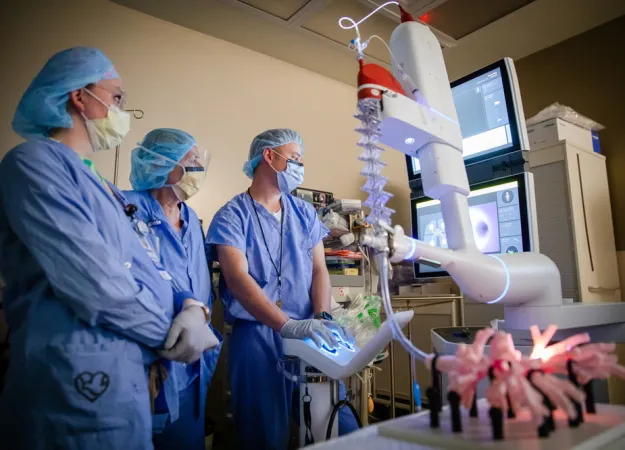
Methodist in the Media
Robot Helps Omaha-Area Doctors Navigate Lung Biopsies With Aim to Speed Up Diagnosis, Treatment

Awards and Accreditations

Lung Cancer Care Continuum Center of Excellence Designation by the GO2 Foundation for Lung Cancer

Center of Excellence for Lung Cancer Screening
